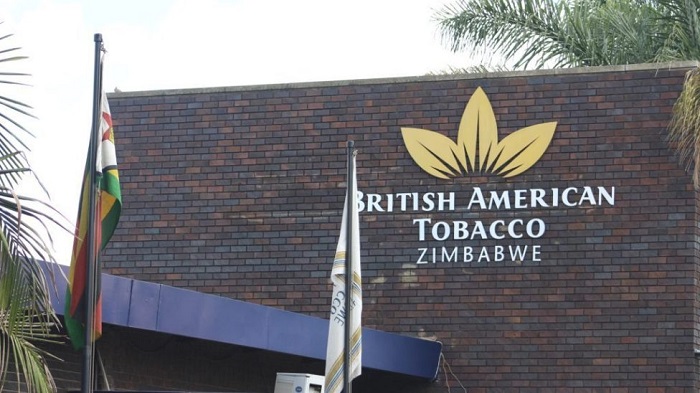BAT tax payment jumps to $2,1bn
BAT Zimbabwe’s tax contribution more than doubled in 2021 to $2,1 billion from $894 million over the same period in 2020 largely driven by excise duty and corporate tax.
The group contributes to the Government treasury through various tax heads such as excise duty, corporate tax, value added tax, customs duties, pay as you earn and withholding tax.
“The group’s contribution to the Zimbabwe Revenue Authority (Zimra) in taxes increased from $894 million in 2020 to $2,1 billion for the year ended December 31 2021.
“The key contributors of the increase in tax were excise duty and corporate tax driven by the increases in selling price of our products and the profit generated before taxation,”
Lovemore Manatsa, the group’s chairman said in the company’s annual report.
BAT Zimbabwe is the leading tobacco manufacturer in Zimbabwe by market share and is part of the British American Tobacco group of companies (BAT) and has been operating in Zimbabwe for over 80 years.
Listed on the Zimbabwe Stock Exchange (ZSE), BAT Zimbabwe manufactures and supplies cigarettes to approximately 6,600 retailers and wholesalers, who in turn service thousands of informal traders across the country.
In his 2022 National Budget, Finance and Economic Development Minister Mthuli Ncube increased excise duty on cigarettes from 20 percent and US$5/1 000 cigarettes to 25 percent plus US$5/1 000. The bulk of the country’s tobacco is exported in raw or cut rag form.
Zimbabwe exports 98 percent of its flue-cured tobacco as threshed or semi-processed (cut rag) and only a small percentage is fully processed to final product. Leading processors include BAT, Pacific Cigarette Company and Gold Leaf Tobacco.
Meanwhile, Mr Manatsa said the group was confident that it was in a good position to navigate through the difficult economic environment, but in the short term, anticipates a potential increase in the cost of production.
“Zimbabwe’s economy is forecast to continue on a growth trajectory as the country shrugs off the effects of the Covid-19 pandemic.
“We strongly believe that the group will continue to perform to shareholders’ expectations. As the conflict in Ukraine continues to escalate, we continue to monitor developments in Ukraine and their potential impact on the Zimbabwean business,” he said.
The group noted that as part of its commitment, it strives to operate the business in a socially and environmentally responsible manner and to achieve this, the group continues to strengthen its systems to address both environmental and social aspects associated with its operations.
“BAT Zimbabwe continues to demonstrate its commitment to sustainable development by enhancing the livelihood of tobacco farmers to build long term resilience in farming communities.
“To this end, the Tobacco Empowerment Trust (TET) was established in 2015 and the main thrust of the trust is to empower indigenous farmers with both technical and financial assistance and to help build best agricultural practices.
“In 2021, we raised the bar with our sustainability agenda and we intend to reduce our carbon footprint as a group by increasing our renewable energy use and achieving 100 percent renewable energy use in our operational sites by 2030,” Mr Manatsa said.
To this end, he added, the group is gradually switching to solar power for all its trade depots sites and to date have built solar sites for two depots.
“We also aim to increase the amount of water recycled to 30 percent by 2025,” he said.
In terms of volume performance for the year under review, Mr Manatsa said volume growth of 25 percent from cigarette sales was mainly attributable to increased consumer demand, increased export of cut rag tobacco, consistent product supply and the easing of the Covid-19 lockdown restrictions.
“The volume growth was on the back of increased demand, excellence in execution by our staff and improved access to market. Export volumes of leaf and cut rag tobacco were up by 74 percent in the period under review compared to prior year due to increased demand from our export markets,” he said.
The group recorded a 42 percent increase in revenue amounting to $1,4 billion when compared to the previous year, driven by volume growth, price reviews as well as revenue generated from the export of cut rag tobacco and leaf.
“The two income generating streams resulted in a gross profit increase of $1,3 billion, when compared to the same period in 2020.”-The Herald










